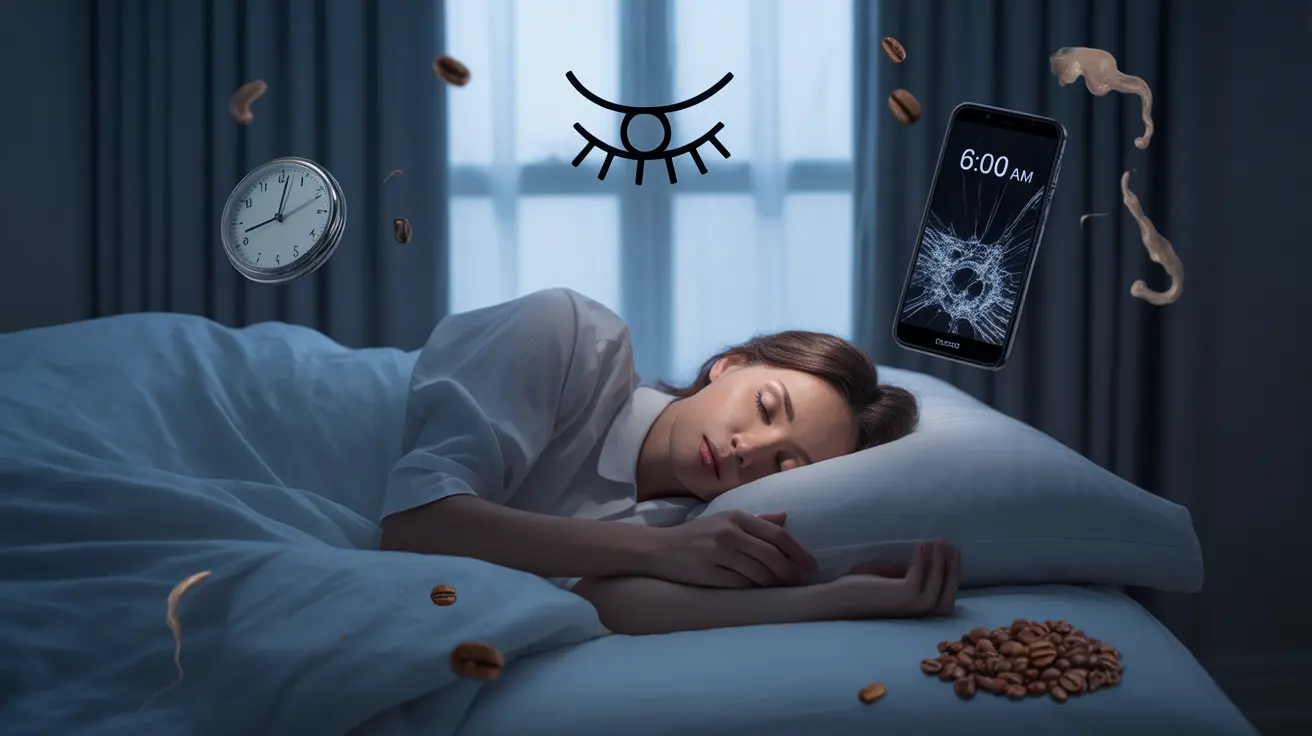Insomnia, a sleep disorder affecting millions of people worldwide, can significantly impact quality of life and overall health. Understanding the various causes of insomnia is crucial for developing effective treatment strategies and improving sleep quality. This comprehensive guide explores the main factors that contribute to sleepless nights and discusses how different aspects of our lives can influence our ability to get restful sleep.
Primary vs. Secondary Insomnia: Understanding the Difference
Primary insomnia occurs independently of other health conditions and is often related to chronic sleep difficulties that aren't directly caused by other medical issues. Secondary insomnia, on the other hand, develops as a result of underlying health conditions, medications, or lifestyle factors. This distinction is crucial for determining the most effective treatment approach.
Psychological Factors Behind Sleepless Nights
Mental health plays a significant role in sleep quality. Stress, anxiety, and depression are among the leading causes of insomnia. When the mind is racing with worried thoughts or dealing with emotional challenges, falling asleep becomes increasingly difficult. This can create a frustrating cycle where sleep anxiety further compounds the original sleep problems.
Breaking the Stress-Sleep Cycle
Managing stress and anxiety is essential for improving sleep quality. Techniques such as meditation, deep breathing exercises, and regular physical activity can help calm the mind and prepare the body for rest. Establishing a consistent bedtime routine can also signal to your brain that it's time to wind down.
Medical Conditions and Medications That Affect Sleep
Various health conditions can interfere with normal sleep patterns. Chronic pain, respiratory problems, gastrointestinal issues, and hormonal imbalances are common medical causes of insomnia. Additionally, certain medications, including some antidepressants, blood pressure medications, and corticosteroids, may disrupt sleep as a side effect.
Lifestyle and Environmental Influences
Daily habits and environmental factors significantly impact sleep quality. Irregular work schedules, especially shift work, can disrupt the body's natural circadian rhythm. Consuming caffeine late in the day, excessive screen time before bed, and an uncomfortable sleep environment can all contribute to difficulty falling or staying asleep.
Creating an Optimal Sleep Environment
A sleep-conducive environment should be cool, dark, and quiet. Consider using blackout curtains, white noise machines, or earplugs if necessary. Keep electronics out of the bedroom and maintain a comfortable temperature for optimal sleep conditions.
Frequently Asked Questions
What are the most common causes of insomnia and how do they affect sleep?
The most common causes include stress, anxiety, depression, medical conditions, medications, poor sleep habits, and environmental factors. These elements can make it difficult to fall asleep, stay asleep, or both, leading to reduced sleep quality and daytime fatigue.
How does stress or anxiety lead to insomnia and what can help break this cycle?
Stress and anxiety trigger the body's "fight or flight" response, increasing alertness and making relaxation difficult. Breaking this cycle involves stress management techniques, regular exercise, maintaining a consistent sleep schedule, and potentially working with a mental health professional.
What medical conditions and medications can cause or worsen insomnia?
Chronic pain conditions, thyroid problems, sleep apnea, and acid reflux can cause insomnia. Medications such as certain antidepressants, decongestants, and asthma medications may also disrupt sleep patterns. Always consult healthcare providers about sleep-related medication side effects.
How do lifestyle factors like shift work, caffeine, and environment influence insomnia?
Irregular work schedules can disrupt natural sleep-wake cycles, while caffeine consumption, especially late in the day, can delay sleep onset. Environmental factors like noise, light, and temperature can significantly impact sleep quality. Managing these factors through lifestyle adjustments is crucial for better sleep.
What is the difference between primary and secondary insomnia and why does it matter for treatment?
Primary insomnia occurs independently of other conditions, while secondary insomnia results from underlying health issues or medications. This distinction is important because treating secondary insomnia often requires addressing the root cause, while primary insomnia may respond better to direct sleep interventions and behavioral changes.




